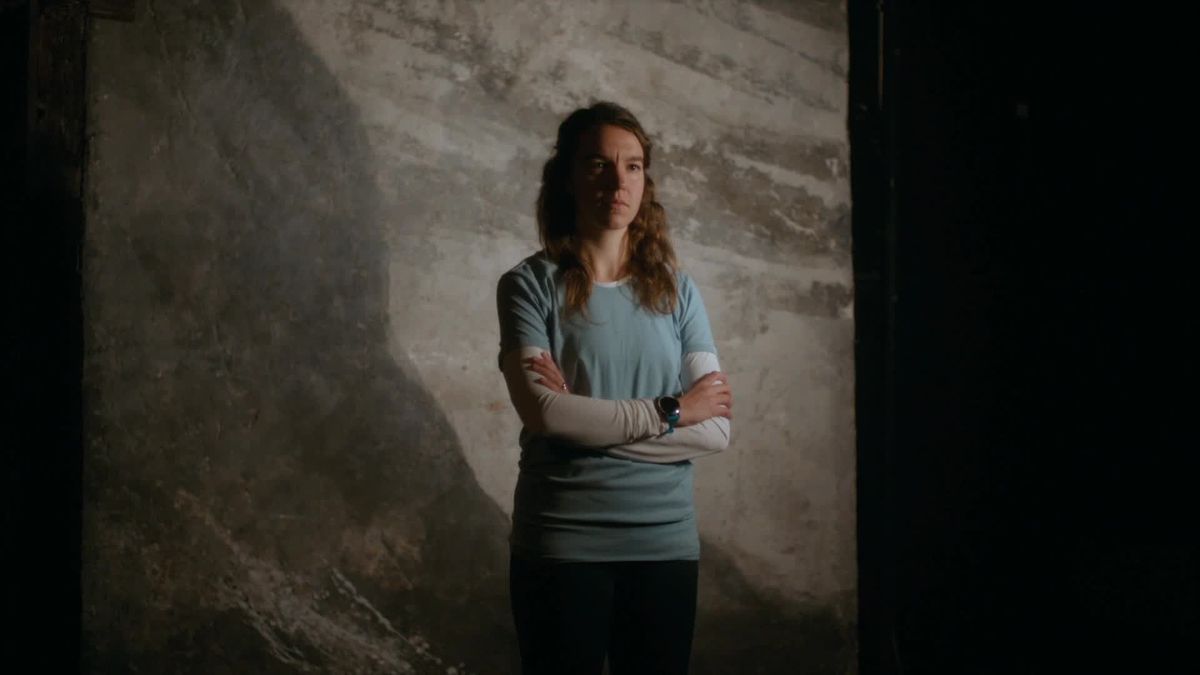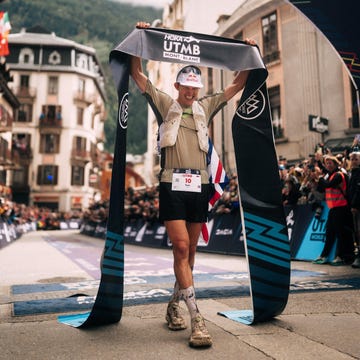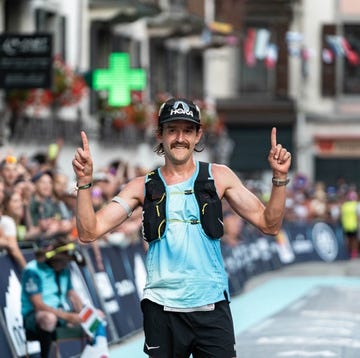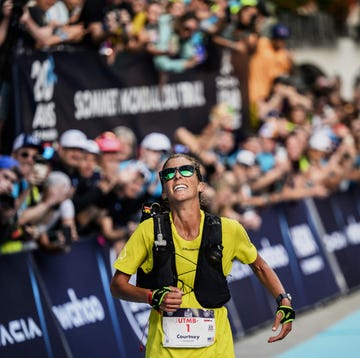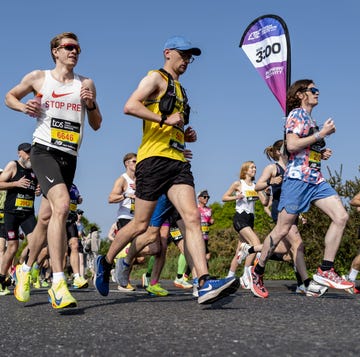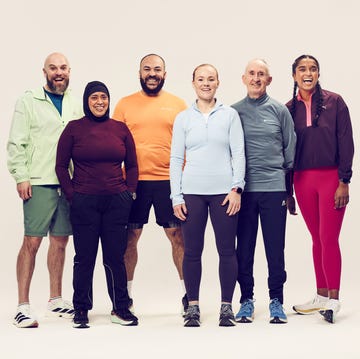It's not often that you see the greatest and fastest marathon runner of all time finishing sixth, especially after the news that Kipchoge running Boston was hyped as the next great race for him to win, his final Major to conquer, but defending Boston Marathon champion Evans Chebet had other plans.
Chebet, the winner of Boston and New York marathons last year, credits a lot of his ongoing success to the way that he trains with his fellow adidas team mates at the 2 Running Club, and it seems that lining up alongside his training partner and friend (and Chicago Marathon winner), Benson Kipruto gave the 34-year-old the boost of confidence he needed as he defended his title in style.
What everyone's reading
The biggest break in the race came around mile 19, where a surprise surge was made by Gabriel Geay. The tactic caused a significant shake up in the group with Kipchoge falling behind. By mile 20, Kipchoge was 16 seconds off the lead pack, then down to Geay, Benson Kipruto, John Korir, Chebet, and Andualem Belay.
In the remaining six miles, Chebet, Geay, Kipruto battled back and forth for the lead until Chebet pulled away for the last time with less than a mile to go.
Ahead of the race, we spoke to Evans in March 2023, in Kenya, while he prepared for the race -
First of all, congratulations on winning Boston and New York last year, what was your build up last year in racing?
Last year was good. When I was prepared for Boston or New York, I didn't have any injuries. I have to give a lot of credit to my coach, Claudio, because he’s really helped me a lot and they help me here at the camp [2 Running Club in Kapsabet, Kenya]. There's a lot of work here at the camp and some good rest too, which is important and over the weekend, I get a chance to go back home, see the family, so it's a whole thing.
Talking about the camp, other runners like Amos Kipruto have said how much of a family the camp is and how you really you all help each other; is that the best thing about training here?
The camp is a nice place to come to. We live as a family and we have the coach here who helps to make it bit more homely and the management as well, so all these factors put together, make this place like a family. I refer to it like a second home, because when I’m away from home and my family, they know that I’m at work, this is my job and at the weekend I get to go back home, to link up with a family.
There is also a lot of unity here. This unity is achieved when we go out in the morning for the morning jog, and also in the afternoon or in the day when we run together. It's a lot of cooperation, it’s a team. It is very hard to find a camp where you find so many runners who have been running from as young as two or three and also runners who have really been winners in previous big races, big races, all coming together. There's something special about this camp.
So what's your plan this year? Are you going back to defend Boston and New York? And how's preparation?
So this year, firstly I thank the Lord, I thank God. Last year and this year I feel I've done a lot of training and I'm really ready to go to Boston. And Eliud is there but Benson Kipruto is also there, and I really want to defend Boston and let me reiterate that I'm prepared well, but even if I don't win, Benson can win.
How does it make you feel to know you'll be racing Kipchoge? Do you run your own race? Or do you try and work out how he will run a race?
So I really tell you that I run my own race. And I don't think about any other thing, even Kipchoge, when I'm actually there on the field. Like even if you look at last year, Boston and New York, I didn't think of the other people that are surrounding me, that are running with me. I was focused on what I was doing. And I was also focused on my training, so if there was anything on my mind then it was the training and the race. With no distractions, no distractions.
You grew up on a farm, and it's something that you enjoy very much. Is it something that you would like to do when running is finished?
So even as I speak, I'm a farmer already. I've been farming since 2011 and I grow maize and wheat and have some cows. I like to be on the farm - it is good for me as a person and especially to think about the future. I can’t just sit and I know that one day, being an athlete will come to an end because of whatever reason. My wife is also working on the farm, so the both of us are farmers.
How has running in Kenya changed? Has it? Is it growing? Is it getting better? And what could be better?
I began training in 2006. And in 2011, I managed to get an opportunity to go abroad. And I see running in Kenya has been going on well, apart from the issue of doping, which isn’t nice. And whenever we're in a group here, or anywhere we learn as a family. And so we are our brothers keepers and we help each other to avoid some stuff and when one of us errors, we sit down as brothers and you know, each tell us how to not to do some stuff. Everyone looks after each other.

